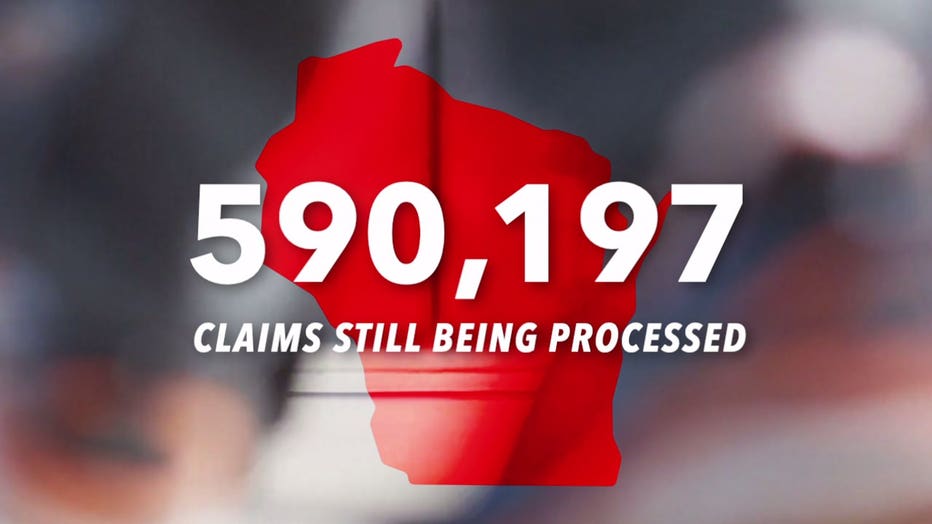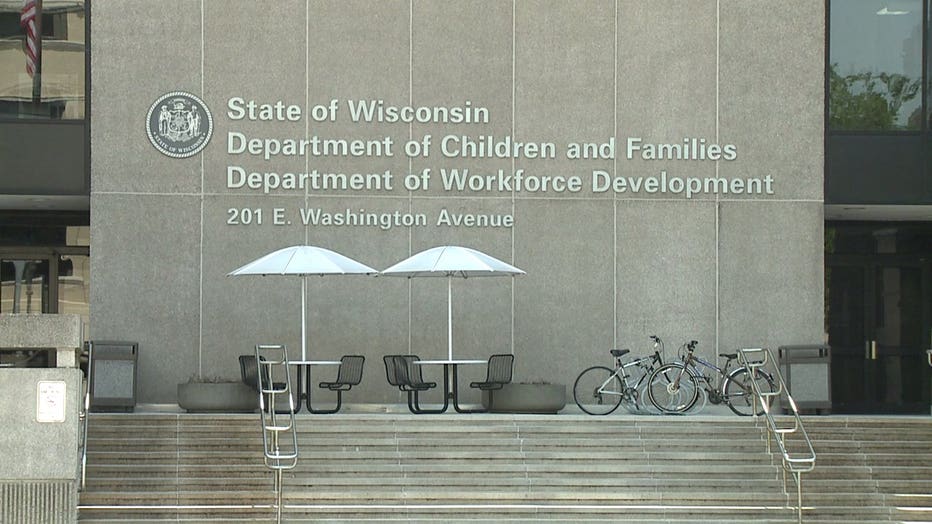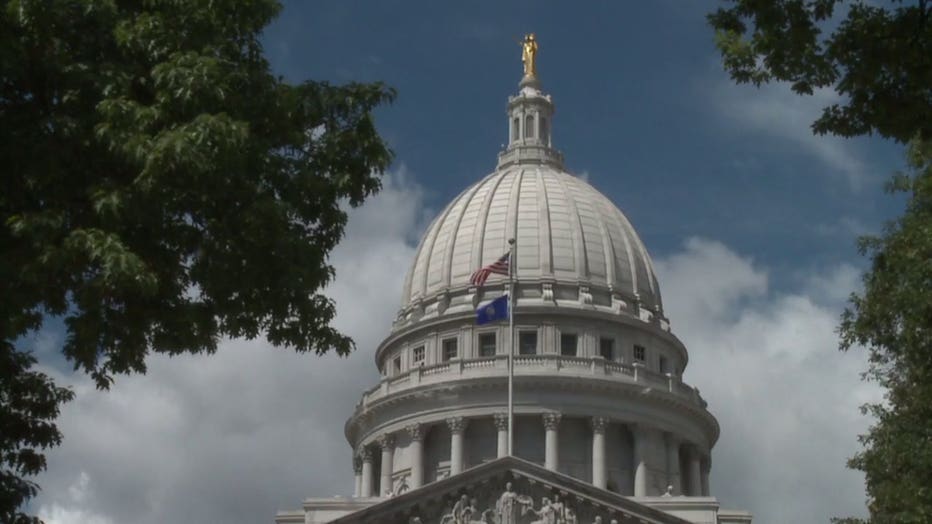People waiting on unemployment say WI's system is still chaos

People waiting on unemployment say WI’s system is still chaos
Cook, who says he is three months behind on his rent, has been trying to collect unemployment insurance since March; he is one of the hundreds of people who emailed the FOX6 investigators, saying payments are caught in limbo.
MADISON, Wis. - If patience is a virtue, Timothy Cook says he's built up enough virtue to last a lifetime.
"I've not received one [unemployment] payment," Cook said, speaking to the FOX6 investigators in his Kenosha home. "I understand they're overwhelmed, but you can only understand for so long. And then it becomes a major problem because the bill collectors don't understand."
Cook, who says he is three months behind on his rent, has been trying to collect unemployment insurance since March; he is one of the hundreds of people who emailed the FOX6 investigators, saying payments are caught in limbo.
Wisconsin's Department of Workforce Development (DWD) says more than 590,000 claims are still being processed; those claims belong to roughly 80,758 people. Additionally, DWD says there are 10,596 appeals in process.

Two current DWD claims specialists, and one former employee, along with claimants and employment attorneys, describe a system that is still in chaos and in need of structural change.
"We're in the middle of a pandemic and the very place that`s supposed to be assisting is in a frenzy," one claims specialist, who asked to not be identified because she was not authorized to talk to journalists, said. "Hiring hundreds of other people is not going to resolve the issue; it's actually going to create more."
FREE DOWNLOAD: Get breaking news alerts in the FOX6 News app for iOS or Android
Since the spring, DWD has hired hundreds of additional employees to help process unemployment claims. But claims specialists say the system itself has not fundamentally changed, allowing the backlog to continue.
"A claimant makes a mistake and says they were unavailable and unable to work by accident because they didn't understand the question," a claims specialist said, using what she describes as a common example. "Really, we have the claimant on the phone, I'm on the phone, and all we need to do is verify that it's a mistake and we're able to correct it. Except we're not able to correct it because it has to go through adjudication."
DWD employees say it's frustrating to know how to fix a claimant's problem, yet be required to send their issue through the process of adjudication, which can take months.
"I'm being told, 'Hey, I'm losing my house. I just lost my car. I'm going to a shelter because I haven't received my payment,'" a claims specialist said. "And I'm looking at it and I'm thinking, 'This issue, I could resolve this issue.' But because it has to go through adjudication, there's nothing I can do."

"It's a big mess," employment attorney Victor Forberger said. Forberger says compared to other states, Wisconsin's unemployment system's questions are harder to understand and leave more places to trip up.
"Let's say I have a back injury and I can only, under doctor's orders, work 20 hours a week right now," Forberger said as an example. "That's my full-time work. So I should be answering 'yes,' to being available for full-time work, even though I can only work 20 hours a week because of my back injury."
"But the question [on DWD's unemployment website] is misleading and not actually indicating all that kind of nuance," Forberger continued.
Wisconsin's unemployment system has become increasingly complicated over the last decade, in large part due to Scott Walker-era reforms that were advertised as measures to prevent fraud. But in Timothy Cook's case, the same system that caught someone else trying to commit identity fraud with his unemployment claim is now preventing him from getting paid.

Timothy Cook
Cook played FOX6 several recordings he has of his calls with DWD fraud inspectors, claims specialists, and supervisors. In those recordings, several people assure Cook that the only holdup for his unemployment payment is the attempted identity fraud; in a later recording, a woman says the identify fraud situation has been "cleared up."
Cook later got a call from a different fraud inspector, who said there was no record of his case in the system.
After that conversation, Cook started to receive notifications that there were disputes about whether he was laid off, or whether he quit his job.
"I have cases in which people have been denied benefits because they don’t have a pandemic-related job loss," Forberger said. "When both they and the employer put down on the forms that they were furloughed or laid off because of COVID-19."

Wisconsin Capitol in Madison
Democratic state lawmakers have proposed a package of bills that would roll back many of the Walker-era reforms that complicated the unemployment insurance system. Those bills have not budged in the Republican-led Legislature.
Forberger insists the Department of Workforce Development does not need to wait for the Legislature to make the unemployment system easier to understand.
"One side of the spectrum wants to be defensive and pretend the problems don`t exist and the other side wants those problems to not be fixed so they can campaign on them," Forberger said.
DWD is in the midst of a leadership change; Governor Tony Evers asked now-former Secretary Caleb Frostman for his resignation in September. The department is currently reviewing its internal systems and plans to announce changes in the upcoming weeks.
Cook says he hopes those changes happen before his situation gets worse.
"We could end up homeless," Cook said. "Winter is here in Wisconsin. And if you're from this state, you know what these winters can do."
"I was just recently diagnosed with congestive heart failure," Cook continued. "My youngest son in another state was diagnosed with COVID. On top of everything else that is going on, it`s just never-ending."
Related
US private employers add 749K jobs in September, report says
September hiring was spread across most industries, with the biggest gains taking place in manufacturing; trade, transportation and utilities; and health care and social assistance.


